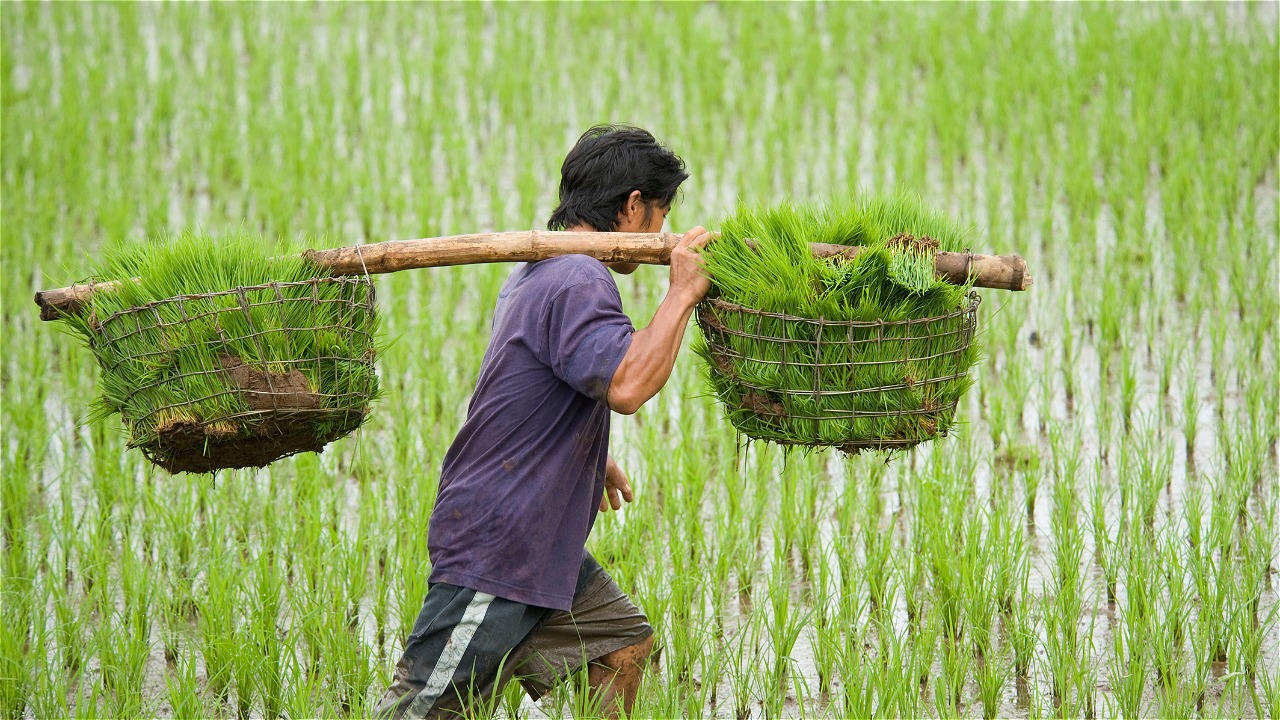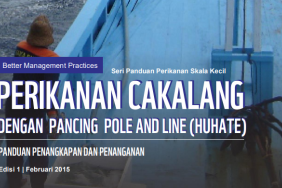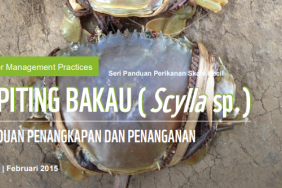WWF SURVEY: 91% OF PEOPLE DON'T REALIZE FOOD SYSTEMS ARE THE BIGGEST THREAT TO NATURE
Jakarta, October 16, 2018 - Some 91% of people don't understand that the way we consume, produce and dispose of food is the biggest threat to our planet, according to new research released by WWF on World Food Day today. Food consumes the most natural resources and produces the most greenhouse gas emissions. Food production uses 34% of land and 69% of freshwater, a major cause of deforestation and other habitat loss, yet a third of all food produced is never consumed. Food systems are responsible for about a quarter of the world's greenhouse gas emissions, a third of which comes from wasted food.
The survey found alarming results among young people ─ 11% of 18-24 year olds do not think the food system poses any threat to nature, while more than 40% think the threat is less than significant. Only people over 55 have a greater awareness of the issue.
"The good news is that we can create a food system that works for people and nature. If food is produced more sustainably, distributed fairly and consumed more responsibly, we can feed everyone without destroying more forests, rivers and oceans. We need to raise public awareness about where food comes from, and change our behavior to ensure the proper functioning of the food system," said Elis Nurhayati, Director of Communications at WWF-Indonesia, citing the survey.
The WWF survey, conducted by YouGov, involved 11,000 people in Indonesia, Australia, Brazil, Colombia, India, Malaysia, the Netherlands, South Africa, the United Kingdom and the United States. These countries were identified as facing the greatest food security threats due to natural degradation, while also causing significant harm through food production, consumption or waste.
"Last week, a UN report highlighted the threats caused by and to food systems by climate change, and we must act quickly because the time is urgent. While there is a lot of great work already being done to improve food systems, we must work across sectors on a larger scale with a higher level of urgency," continued Elis.
Many respondents recognized the food system impacts nature in various ways, the survey results showed 80% felt we could do more to tackle the issue, 66% specifically wanted governments to take greater action and 60% wanted the business sector to increase their efforts.
"By working together to realize Pangan 2.0, an evolution of the food system, I believe we can bring food to the conservation agenda that helps protect the food security of all of us," Elis concluded.
To achieve the evolution of Food 2.0, WWF has nearly 100 food-related programs around the world in partnership with governments, food producers, businesses, communities and other non-governmental organizations, and will soon introduce its global programs in the coming months. WWF takes a holistic approach to food transformation, focusing on three key areas namely: Sustainable Production, Sustainable Diets and Food Loss & Waste.




